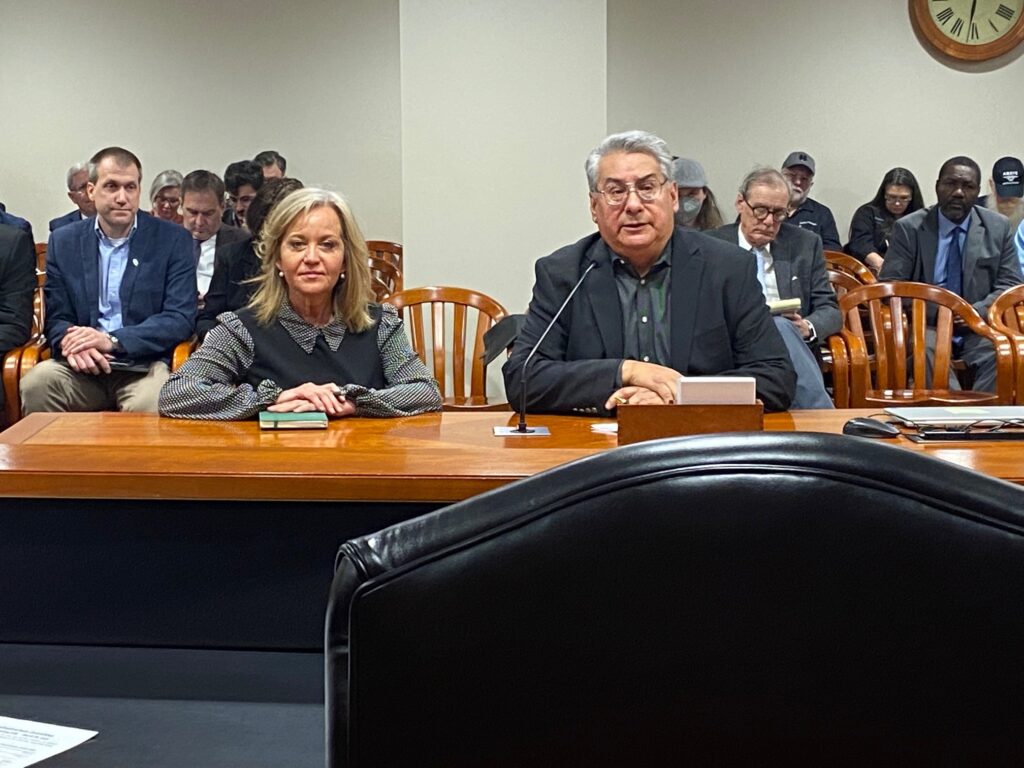Public safety fund advances out of House In a powerful show of bipartisan cooperation, the Michigan House of Representatives this week passed House Bills 4260–61, legislation that establishes a long-awaited […]


Public safety fund advances out of House In a powerful show of bipartisan cooperation, the Michigan House of Representatives this week passed House Bills 4260–61, legislation that establishes a long-awaited […]

Legislative Conference begins Monday in Lansing More than 300 county and business leaders will gather in Lansing April 7-9 to hear from state leaders and policymakers at the 2025 Michigan […]

In Lansing, dollars are up for roads, down for veterans In this week’s episode, MAC’s Podcast 83 discusses the progress of a House GOP roads plan that is a “huge […]

House approves $3.1 billion road plan backed by MAC The Michigan House sent a comprehensive road funding plan to the Senate this week. The plan, which MAC testified in favor […]

GOP road proposal with big county bucks gets House committee hearing A House Republican plan that could mean a nearly $1.5 billion boost for county road accounts received its first […]
Michigan Counties magazine now on way to you The print version of the December 2024 Michigan Counties should start arriving in mailboxes this weekend. The magazine features a roundup of […]
Give locals a ‘true sharing’ of revenue, MAC tells Senate panel MAC and other local government groups explained the key to restoring the full meaning of state revenue sharing is […]
Trial court funding reform bills pass House committee Time-sensitive legislation to secure key trial court funding took its first step toward passage this week. House Bill 5392, by Rep. Sarah […]
Legislature adjourns for the year As predicted, the Michigan legislature has completed its work for 2023 and is expected to adjourn sine die next week Tuesday. This early adjournment for […]
MAC-backed revenue sharing bills introduced Two different packages of bills that create a state Revenue Sharing Trust Fund and direct the expenditures of such a fund have been introduced in […]